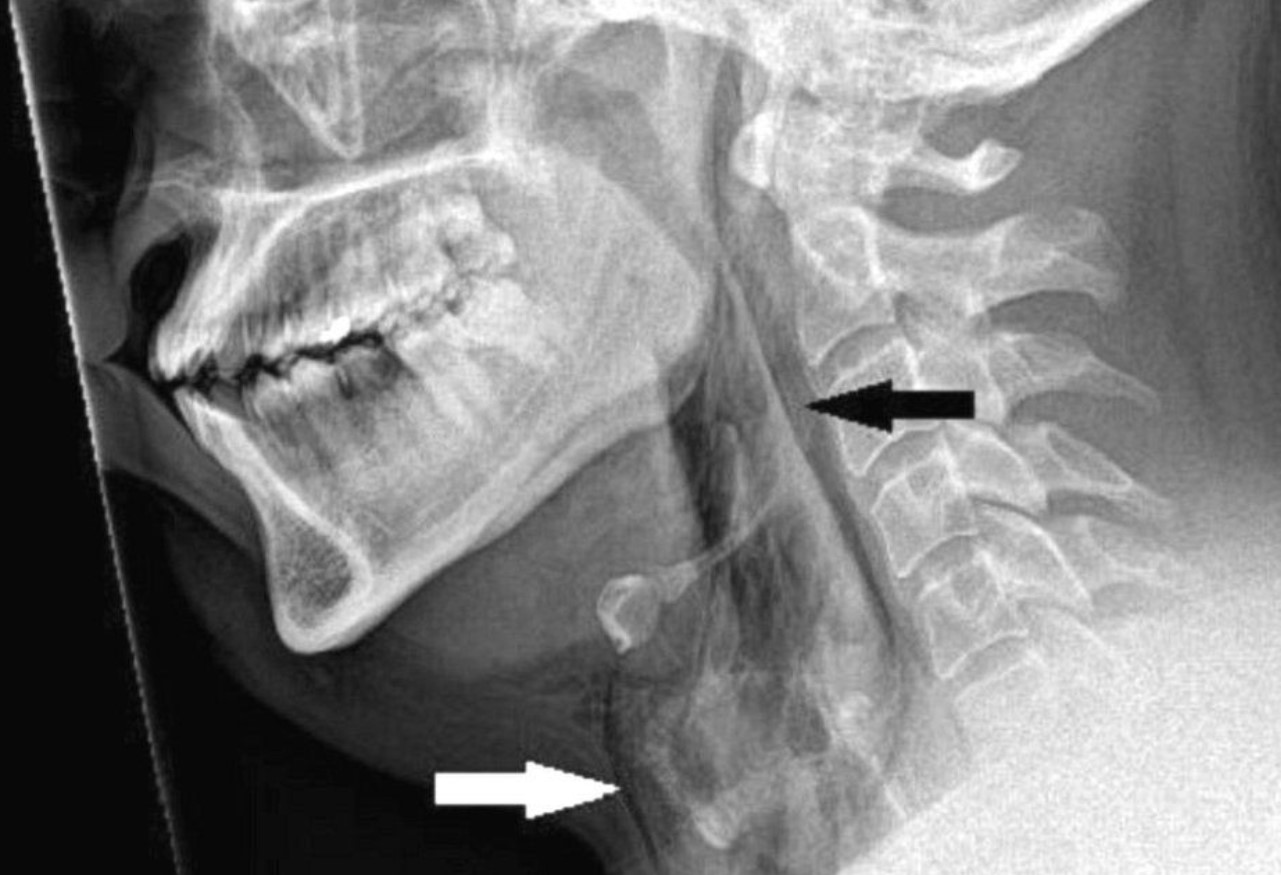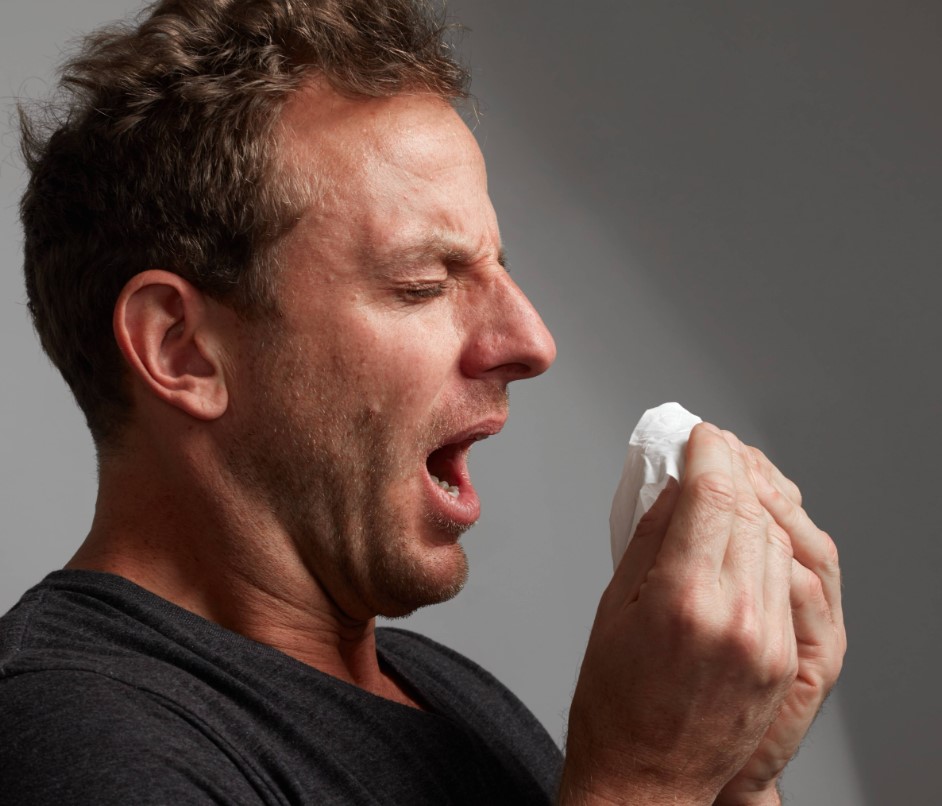In a rather unusual and unfortunate case, a man has reportedly torn a hole in his throat as he was holding back a sneeze
In a recent medical journal article titled "Spontaneous tracheal perforation following a sneeze," a guy in his 30s describes how he smothered a sneeze by pinching his nose and covering his mouth while driving while wearing a seat belt.
Soon after, he had to go to the closest emergency room for treatment due to excruciating neck pain.

Doctors conducted an X-ray and CT scan, which revealed a tear measuring 2 mm × 2 mm × 5 mm in the man's trachea, known as a "tracheal perforation."
It is worth noting that such cases of spontaneous tracheal perforations are rare, with only a few reported instances.
While tracheal perforations are typically caused by iatrogenic or traumatic injuries resulting from various medical procedures or accidents, this case appears to be the first reported incident of a spontaneous tracheal perforation caused by sneezing.
The man who experienced the throat injury had a history of allergic rhinitis, also known as hay fever
According to the journal, the man who experienced the throat injury had a history of allergic rhinitis. Allergic rhinitis, commonly known as hay fever, is an allergic reaction that manifests as sneezing, nasal congestion, an itchy nose, and watery eyes, as described by the Cleveland Clinic.

Allergic rhinitis is a condition characterized by the immune system's overreaction to certain allergens, such as pollen, dust mites, or pet dander.
When a person with allergic rhinitis comes into contact with these triggers, their immune system releases chemicals, including histamines, which lead to sneezing.
Sneezing is a common symptom of allergic rhinitis, as the body attempts to expel the irritants from the nasal passages.
The article highlights the potential risks associated with forcefully inhibiting a sneeze
In the case of the man mentioned in the journal, his attempt to suppress the sneeze by pinching his nose and closing his mouth may have inadvertently increased the pressure within his upper airways.
Normally, the pressure in the upper airways during a sneeze is around 1-2 kilopascals (kPa). However, if the mouth and nose are closed tightly, the pressure can increase significantly, up to 20 times higher than normal.

Man with tracheal perforation and surgical emphysema treated with pain relief and decongestants
In addition to the tracheal perforation, the man was also found to be suffering from surgical emphysema, a condition where air or gas enters the deepest layer of the skin, known as the subcutaneous tissue.
Fortunately, both conditions were treatable, and the man was provided with pain relief medication and nasal decongestants.
Following the initial treatment, the hospital opted to keep him under observation for 48 hours. This cautious approach aimed to monitor his condition closely and ensure there were no unexpected complications.
As a preventative measure, the medical team decided to restrict his food intake for the first day, providing him with a liquid diet to minimize the risk of additional strain on the injured throat and trachea.

After the observation period, the man's condition showed signs of improvement and he was safely discharged to continue his recovery at home.
However, he was provided with specific instructions to prevent a recurrence of such an incident.
The medical professionals advised him against pinching his nose with his mouth closed during future sneezing episodes, as this action can lead to increased pressure in the upper airways.
Furthermore, he was advised to abstain from engaging in any strenuous physical activities for two weeks, allowing his body ample time to heal and reduce the risk of further complications.






